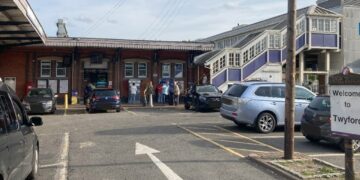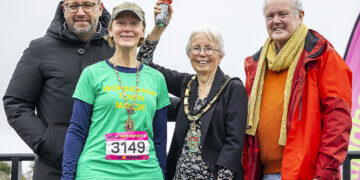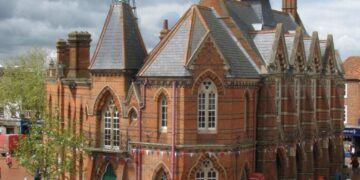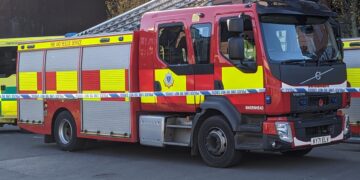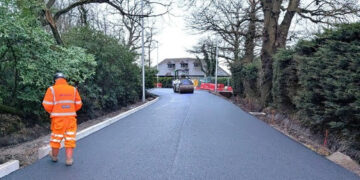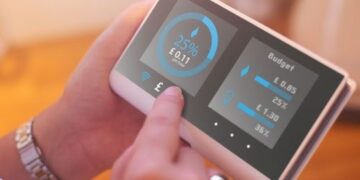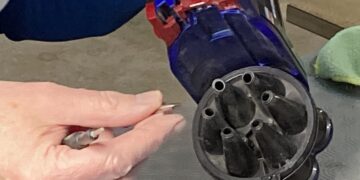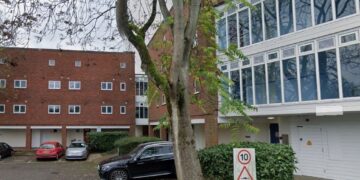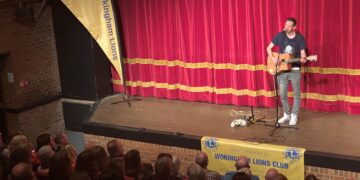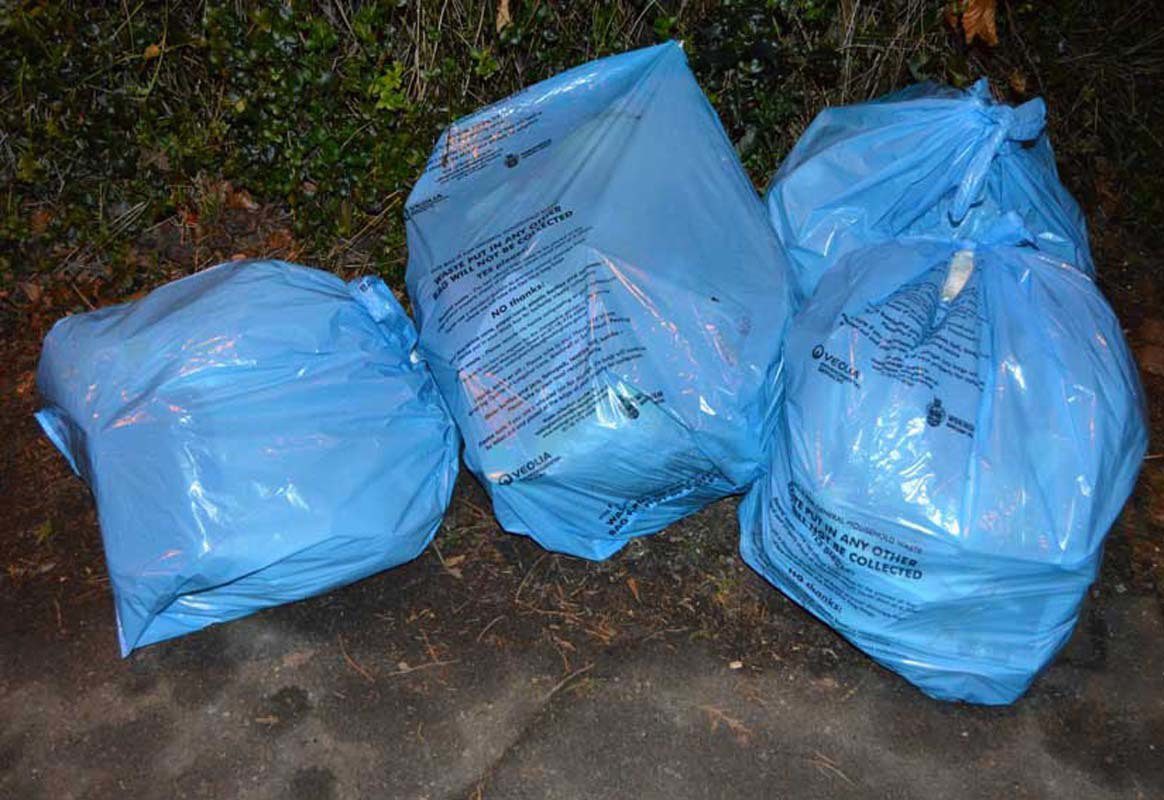WOKINGHAM residents will be receiving fewer blue bags from next spring, and no more food waste caddy liners following a money-saving decision by Wokingham Borough Council.
At a meeting of its ruling executive on Thursday, September 30, they approved the decisions, which will see households receive 54 blue bags a year, down from 80.
Introducing the changes, Cllr Ian Shenton, the executive member for environment and leisure, said the cost had escalated by nearly 50% against this time last year, while the budget had remained static.
Just over half of the contents of the blue bags could be recycled, either by being placed in the green recycling bags, or being handled at the re3 recycling centres in Bracknell or Reading. Recycled waste is cheaper than landfill, and it is hoped by reducing the number of blue bags, residents will use the green bags and food caddies more.
It was felt that scrapping the blue bags altogether was not an option as residents would then use any bags, and reduce recycling rates: a consultation of the future of waste collection in Wokingham will be undertaken in the autumn.
Cllr Sarah Kerr said that her family of four used one blue bag a fortnight, and hoped that the reduction would encourage people to reduce waste.
Cllr Imogen Shepherd-Dubey reminded the executive they inherited a £2.2 million deficit this financial year, and expected it to be £4 million next year, and they had a duty to balance the books.
“The general landfill waste within blue bags is very expensive to get rid of,” she said. “The same amount of money was allocated to purchasing the blue bags last year but with the rising oil prices, the manufacturing costs has now escalated.
“Fifty-four bags will still provide more than one bag per household.”
She added: “I recently visited a charity shop in Wokingham and they reported that over a third of their donations came in Woking Borough Council blue bags.
“This tells me that many people have too many bags and they have spare bags that they’re giving away.”
Cllr Clive Jones, the council leader, wanted to know if additional blue bags could be made available for larger households.
Cllr Shenton said: “On one hand, there is a need to assist larger families, on the other, it could be open to abuse.”
The executive felt that the status quo should be maintained on this, subject to review, likewise a consideration for people with medical needs.
Cllr Ferris pointed out it cost the council £128 per tonne to handle blue bags, but just £28 for recycling.
On food waste caddy liners, Cllr Shenton explained the background that the previous administration had not allocated funding for them in the budget – something the Conservatives dispute – and the initial bags were single-use plastic.
“They were funded by taking money from the garden waste scheme income,” he said. “I regard that as a financially irresponsible way of funding an ongoing, repeated expense.
“In June, I was informed the stock was exhausted, the cost had escalated by around 50% and there was no budget provision.
“I declined to find the £100,000 from elsewhere. No key decision was taken because there was no budget provision.”
Cllr Shepherd-Dubey confirmed “there is absolutely no provision in the budget for these caddy liners. None at all.”
She said in Brighton council many residents didn’t line their caddies, but instead washed them out when emptying them, or used old, recycled bags.
Cllr Kerr said that burning the plastic bags, with their embedded carbon, doesn’t help the council’s ambition to be carbon neutral by 2030.
Cllr Prue Bray said at the moment around half of households in the borough used the food waste caddies, but the bags go to every home: “What a colossal waste. You’re paying for bags that people don’t really use.”
The subsequent vote approved the decision.



